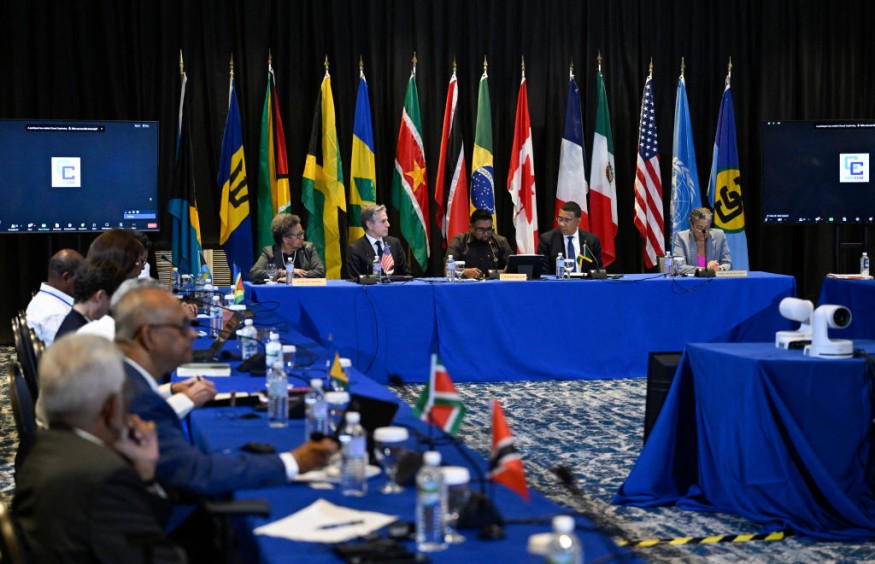Haiti Finally Establishes Transitional Council to Choose New Leaders

In a decisive move to tackle rampant turmoil, Haiti's government has established a nine-member transitional presidential council.
They will select new Haiti leaders, aiming to address its challenges.
This development marks a significant step towards restoring security in the Caribbean nation, which has been grappling with the pervasive influence of criminal gangs, particularly in its capital city, AP News reports.
However, the decree unveiled by the council raises more questions than it answers.
It refrains from disclosing the identities of the council members or setting a timeline for their installation and the replacement of Prime Minister Ariel Henry.
Henry had previously committed to stepping down upon the appointment of his successor but has not yet commented on this latest development.
The decree entrusts the current prime minister, despite his waning popularity, with overseeing the initial proceedings.
He is tasked with making the necessary preparations before the new appointments take effect.
The Haiti transitional council, once formed, will collaborate with the prime minister in assembling an inclusive cabinet of ministers.
Moreover, the decree underscores the council's role in expediting the deployment of international troops, a request made by Henry in 2022 to bolster law enforcement efforts against the escalating threat posed by armed gangs.
Challenges and Delays
Despite the formalization of the transition plan to hire new Haiti leaders, uncertainties linger, exacerbating the already precarious situation, according to Reuters.
The announcement comes amid a backdrop of escalating Haiti gang violence, with armed assailants launching attacks in areas of Port-au-Prince not yet under their control, while Prime Minister Henry remained outside the country.
The location of the council's headquarters, slated to be the National Palace in downtown Port-au-Prince, raises concerns given the recent spate of attacks targeting the symbolic seat of Haiti's government.
Reports of gunfire in the capital following the publication of the decree only serve to underscore the gravity of the security challenges facing the nation.
Efforts to finalize the Haiti transitional council's composition have been mired in delays, prompting accusations of obstructionism by Henry's allies.
Despite assurances of imminent announcements, the nominations put forth by various groups have yet to be formalized, prolonging the transition process and fueling frustrations among the populace.
International Support and Assistance
In a show of support for Haiti transitional council efforts, the Biden administration has authorized the release of $60 million in aid, primarily earmarked for equipment and training for a multinational police force.
This assistance is intended to bolster the capacity of Haitian law enforcement in combating the Haiti gang violence wreaking havoc across the country.
President Biden's decision to utilize the Presidential Drawdown Authority underscores the urgency of the situation, bypassing congressional hurdles to expedite vital assistance to Haiti.
The funding will facilitate the deployment of Kenyan police officers, who are set to play a pivotal role in the multinational security mission, the Miami Herald noted.
However, securing adequate funding for the mission has proven to be a formidable challenge, with both the United States and the United Nations struggling to garner sufficient support.
Congressional skepticism, coupled with logistical hurdles, has hindered efforts to mobilize the necessary resources, underscoring the complexities of the crisis facing Haiti.
As with grapples escalating Haiti gang violence and political uncertainty, the establishment of a transitional presidential council represents a crucial step towards restoring stability and addressing the myriad challenges confronting the nation.
However, the path ahead remains fraught with obstacles, requiring concerted efforts both domestically and internationally to navigate the turbulent waters ahead.
This article is owned by Latin Post.
Written by: Ross Key
WATCH: Haiti leaders reach deal to form transitional council - From ANC 24/7
Subscribe to Latin Post!
Sign up for our free newsletter for the Latest coverage!
















